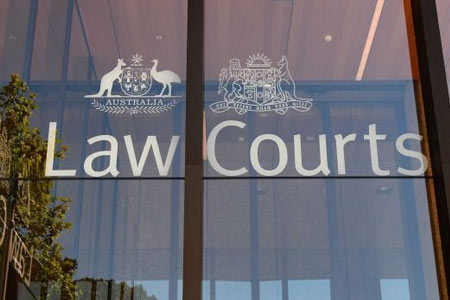A caveat is a statutory injunction that prevents the registration of dealings and plans on a title, provided for under the Real Property Act 1900. A caveat operates as a warning on a land title to others by noting a person or organisation’s interest in land or property. Lodging a caveat allows time for both parties to claim their interest in court. Caveat can only be lodged by a person or entity that has an eligible interest in the land. Lodging a caveat without reasonable grounds may make you liable to pay compensation to a person or entity who suffers pecuniary loss as a result of the caveat. Once a caveat is recorded it must be removed, or the caveator’s written consent obtained, before any new dealings can be registered relating to the property.
Our experienced Property Lawyers can assist you in lodging or withdrawal of caveat.







